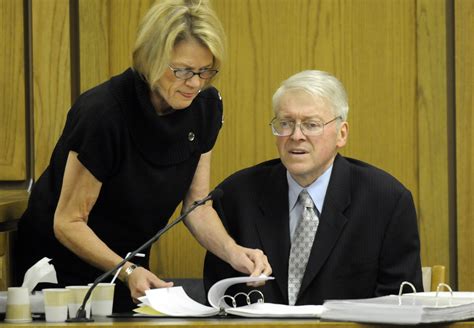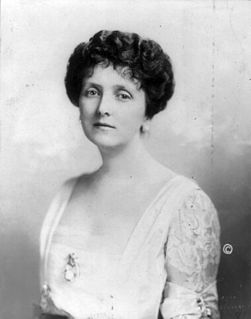A Quote by Patrick deWitt
When your protagonist bores you, you're in trouble.
Quote Topics
Related Quotes
There is no such thing on earth as an uninteresting subject; the only thing that can exist is an uninterested person. Nothing is more keenly required than a defence of bores. When Byron divided humanity into the bores and bored, he omitted to notice that the higher qualities exist entirely in the bores, the lower qualities in the bored, among whom he counted himself. The bore, by his starry enthusiasm, his solemn happiness, may, in some sense, have proved himself poetical. The bored has certainly proved himself prosaic.
Even if you make a movie about a criminal locked up in prison, you may not support him as a criminal, but you have to like him on some level. You have to love your protagonist and respect him. He will only open his heart to you when he believes that you are treating him with respect, with love. Only then will there be no more walls between the filmmaker and the protagonist.







































